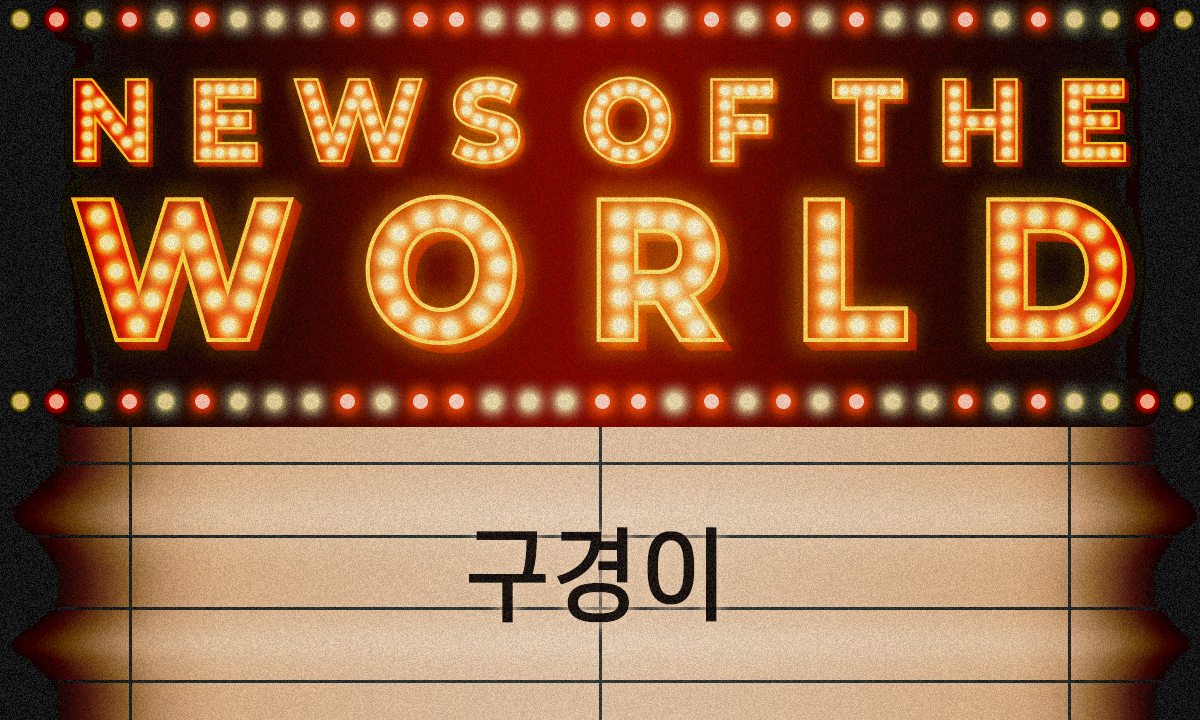
There’s never been another detective like her, says the tagline for the JTBC drama series Inspector Koo. The world is full of stories with protagonists who were once great investigators but leave their duties behind for personal reasons, only to later jump back into their cases. The same goes for stories where the person they’re trying to track down is a psychopathic murderer. But when the detective, the criminal and the invisible hand trying to control them are all women, it’s a different story altogether. And when they get Lee Young-ae, an actress known for her elegance and beauty in shows like Jewel in the Palace and the “Woman Like Oxygen” advertising campaign, to play Koo Kyung-yi, an alcoholic detective who sits in front of her computer playing games all day and goes without showering for days on end, no one sees it coming.
The setting and casting are unconventional, but the success of Inspector Koo doesn’t hinge on them; rather, it uses the unexpected as a springboard to a full exploration of the show’s subject matter. K (portrayed by Kim Hye Jun) is a college student who selects people she believes deserve to die and executes plans to kill them, her confidence in her choices preventing her from ever experiencing guilt. Inspector Koo Kyung-yi’s natural gift for suspicion made her into a capable investigator, but the same strength also holds her back: She’s tormented by the question of whether she was responsible for her husband’s death, mistrusting everyone at every turn. Despite her sense of futility and suffering, the one principle she lives by is that people deserve to live no matter what. So while Inspector Koo takes on deep-seated issues in contemporary Korean society, including animal abuse, sexual violence, workplace harassment and large-scale cyber sex crimes, the show doesn’t stop at a cathartic crime-and-punishment narrative, pulling viewers in and forcing them to face the dilemmas together instead. If a bad person loses their life not as punishment for their crime but to benefit another party in an unrelated way, is that a help to society? Is it always justified to punish wrongdoing? What would you do if you could just press a button and the person who ruined someone else’s life would disappear? What would you do in these situations?
Inspector Koo is delicate in its bold moves. The women involved in the crimes aren’t sexy plot devices and it features LGBTQ characters without drawing unnecessary attention to their gender identities; scenes feature women in charge of the situation and men assisting them without ruffling feathers. It’s a series that has both absorbed recent social change and been a force to bring about change itself. The story develops through a tug of war between K’s manipulative murmurs and the conflict and growth among the members of Koo’s team, and the icing on the cake is that consistently good performances from the actors all portraying equally engrossing characters. In an interview with Elle, writing team Sung Cho-yi said they “hope anyone who considers themselves young, regardless of their gender or biological age, enjoys watching” the show. There’s nothing better than hearing that a series sending off 2021 is a celebration of a new generation.
Unauthorized reproduction and distribution prohibited.